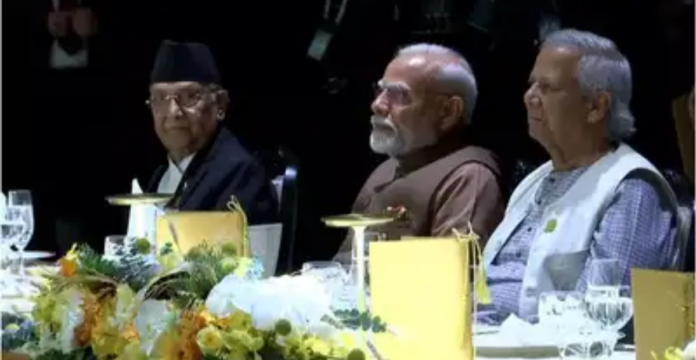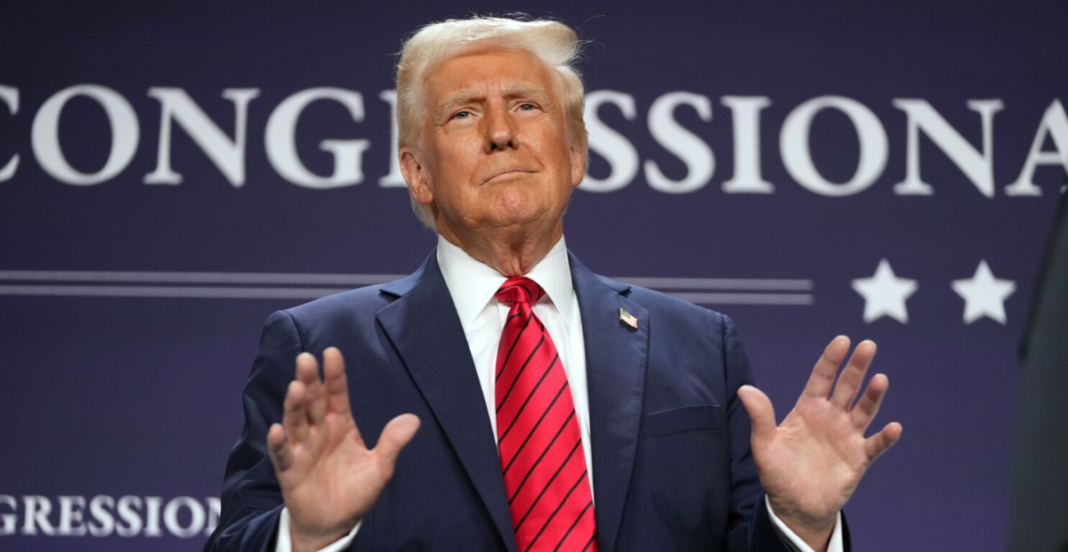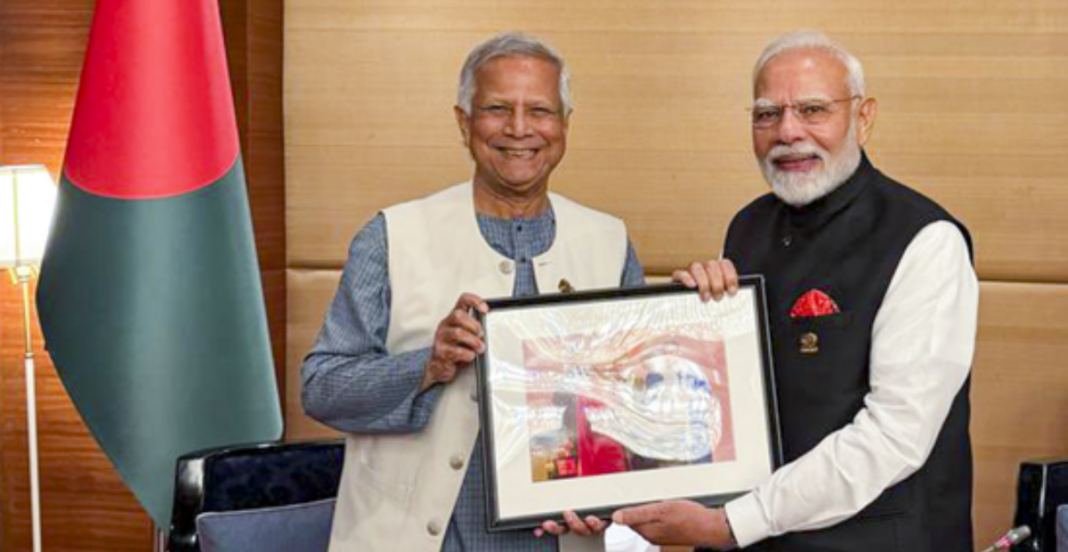Bangkok, April 4, 2025 – Prime Minister Narendra Modi and Bangladesh’s interim Chief Adviser Muhammad Yunus held their first bilateral talks on Friday, meeting on the sidelines of the 6th BIMSTEC Summit in Thailand, as reported by Hindustan Times. The 40-minute discussion, eight months after Sheikh Hasina’s ouster and flight to India, tackled strained ties following violence against minorities in Bangladesh and Yunus’s recent remarks on India’s Northeast.
The meeting, held at a Bangkok convention center, saw Modi raise concerns over Hindu safety and border security, while Yunus sought trade assurances and clarity on Hasina’s status. No joint statement followed, but sources described it as “cordial yet frank.” Modi emphasized BIMSTEC’s connectivity potential—India’s 6,500-km Bay of Bengal coastline dwarfing Yunus’s claim of Bangladesh as the Northeast’s “ocean guardian,” made during a China visit last week. That comment had irked Assam CM Himanta Biswa Sarma, who called it “provocative” on X.
Hasina’s exit on August 5, 2024, after protests toppled her 16-year Awami League rule, shifted dynamics. India’s decision to shelter her—now in Delhi—drew Dhaka’s ire, with over 2,000 attacks on minorities reported since (The Hindu, Jan 2025). Yunus’s interim regime, backed by students, has leaned toward China, raising India’s stakes in a $12 billion trade partnership (DGFT, 2024). Modi’s March 27 letter to Yunus, stressing “mutual sensitivity,” set this talk’s tone—India’s not backing off but seeking stability.
The BIMSTEC Summit, uniting five nations, offered a neutral stage. Modi’s team, including NSA Ajit Doval, pushed India’s regional heft—$4.5 billion in aid to Bangladesh since 2014 (MEA). Yunus, under pressure with a 6% growth economy (World Bank, 2025), needs India’s market. The talks signal a diplomatic reset—India’s firm yet open hand aiming to keep Bangladesh in its orbit amid China’s shadow.




